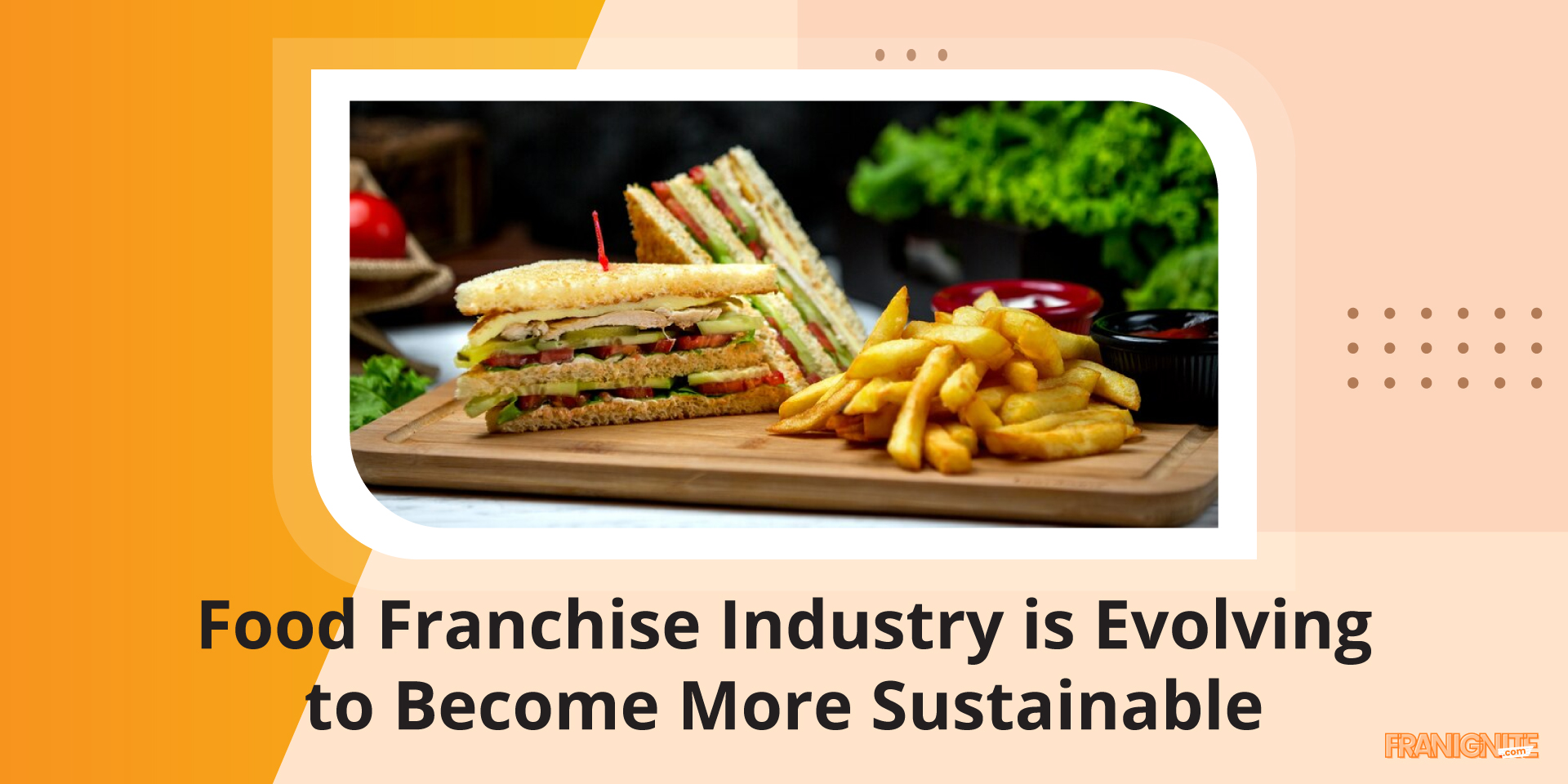The food franchise industry has long been known for its convenience and consistency, but it has not always been associated with sustainability. In recent years, however, the industry has begun to evolve in a way that prioritizes environmental and social responsibility, making it a more sustainable industry overall. From sourcing local ingredients to reducing waste, here are some of the ways in which the food franchise industry is becoming more sustainable.
Sourcing Local Ingredients
One of the most significant ways in which the food franchise industry is becoming more sustainable is through its sourcing of local ingredients. Many franchise chains have begun to partner with local farmers and suppliers to source fresh, locally-grown produce and other ingredients. By doing so, they reduce the environmental impact of transportation, support local economies, and often provide customers with fresher and more flavorful options.
For example, Chipotle Mexican Grill, a popular fast-casual chain, has made a commitment to sourcing at least 51% of its produce from local farmers and suppliers. This approach not only reduces the chain’s carbon footprint but also helps support local agriculture.
Reducing Waste
Another significant way in which the food franchise industry is becoming more sustainable is through waste reduction. Many franchise chains have implemented strategies to reduce waste, such as composting, recycling, and minimizing single-use packaging.
Starbucks, for instance, committed to eliminating single-use plastic straws globally by 2020 and replacing them with recyclable or compostable alternatives. McDonald’s has also set a goal to recycle 100% of its packaging by 2025.
Reducing waste not only benefits the environment but can also result in cost savings for franchise owners. For example, by implementing composting programs, food waste can be turned into nutrient-rich soil, which can be used to grow produce for future use.
Reducing Energy Use
The food franchise industry is also becoming more sustainable by reducing its energy use. Many franchise chains are implementing energy-efficient technologies, such as LED lighting and Energy Star-rated appliances, to reduce their energy consumption.
For example, Subway has made a commitment to reduce energy consumption in its stores by 25% by 2025. The chain has implemented a variety of energy-saving measures, including LED lighting, energy-efficient HVAC systems, and programmable thermostats.
Reducing energy consumption not only benefits the environment but can also result in significant cost savings for franchise owners. By using less energy, franchisees can reduce their utility bills and improve their bottom line.
Promoting Plant-Based Options
The food franchise industry is also becoming more sustainable by promoting plant-based options. As more consumers become interested in plant-based diets for health and environmental reasons, franchise chains are responding by offering a variety of plant-based menu items.
For example, Burger King introduced a plant-based Impossible Whopper in 2019, and McDonald’s followed suit with its McPlant line of plant-based products in 2021. By offering plant-based options, franchise chains can reduce their environmental impact by reducing the amount of meat they serve.
Supporting Social Responsibility
Finally, the food franchise industry is becoming more sustainable by supporting social responsibility. Many franchise chains are committed to supporting their employees, suppliers, and local communities.
For example, Panera Bread has implemented a “Pay What You Can” program in some of its stores, allowing customers to pay what they can afford for menu items. The chain also donates unsold food to local food banks and other charitable organizations.
Similarly, Subway has implemented a program to help franchisees hire and train refugees, providing employment opportunities for individuals who may have difficulty finding work otherwise.
By supporting social responsibility, franchise chains can improve their reputation and brand image while also contributing to the well-being of the communities they serve.
The food franchise industry is evolving to become a more sustainable industry. From sourcing local ingredients to reducing waste the efforts are truly magnificent.
Liked what you read? Follow us on Linkedin.
Want your franchise news to be covered? Send your Press Release.




